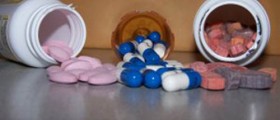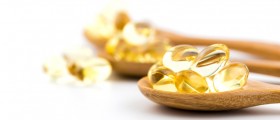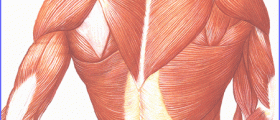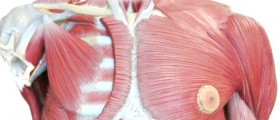
Creatine is an organic acid made in the human body and used to supply muscles with the energy. It can also be found in foods like fish and meat, or synthesized in the laboratory. International Olympic Committee and National Collegiate Athletic Association (NCAA) have officially approved the use of creatine in the U.S., and the yearly consumption of creatine amounts to almost 9 million pounds. Creatine is used by athletes and people who exercise to improve their performance and increase muscle mass. Some research findings show that it can improve the strength and endurance of young and healthy people during physical activity, but that it does not do much for people over the age of 60. It has become an ingredient of creatine sports drinks after the discovery that carbohydrate solution raises the levels of muscle creatine.
Creatine is also used for heart related conditions such as high levels of cholesterol and congestive heart failure (CHF); conditions associated with emotional well-being, including depression and bipolar disorder; muscle and nerve disease like Parkinson’s disease, gyrate atrophy (eye disease) and McArdle’s disease. It slows down the development of amyotrophic lateral sclerosis (ALS, also known as Lou Gehrig’s disease), rheumatoid arthritis and different muscular dystrophies. People using creatine supplements should be aware of the ‘saturation point’, which is achieved a few days following the ‘loading dose’. Creatine levels in the body are not increased by raising the amount of a supplement used, since muscles can only take certain amounts of creatine, which means that the individuals with lower creatine levels, such as vegetarians, benefit more than those taking higher doses.
While sticking to the recommended doses, the use of creatine is likely to be safe. The substance can induce side effects like muscle cramps, stomach ache, nausea and diarrhea. Oral use of high doses is potentially unsafe. Although this is still disputed, creatine is suspected to cause heart, liver and kidney damage. People taking creatine are advised to stay away from caffeine and ephedra (the herb also known as Ma Huang), since it may lead to a stroke. Irregular heartbeats and pigmented purpuric dermatosis (skin condition) are still being investigated as side effects of creatine. Pregnant and nursing women are advised to refrain from creatine, since use in pregnancy and during breast-feeding has not been fully researched. High water intake is recommended when taking creatine, since it pulls out the fluid from the rest of the body, and to avoid dehydration, it is important not to exercise in the heat. Weight gain is also associated with creatine use as the substance causes the muscle to retain water. Creatine is suspected to worsen the symptoms of kidney conditions, so it is not recommended for diabetics and people with a kidney disease.

















Your thoughts on this
Loading...